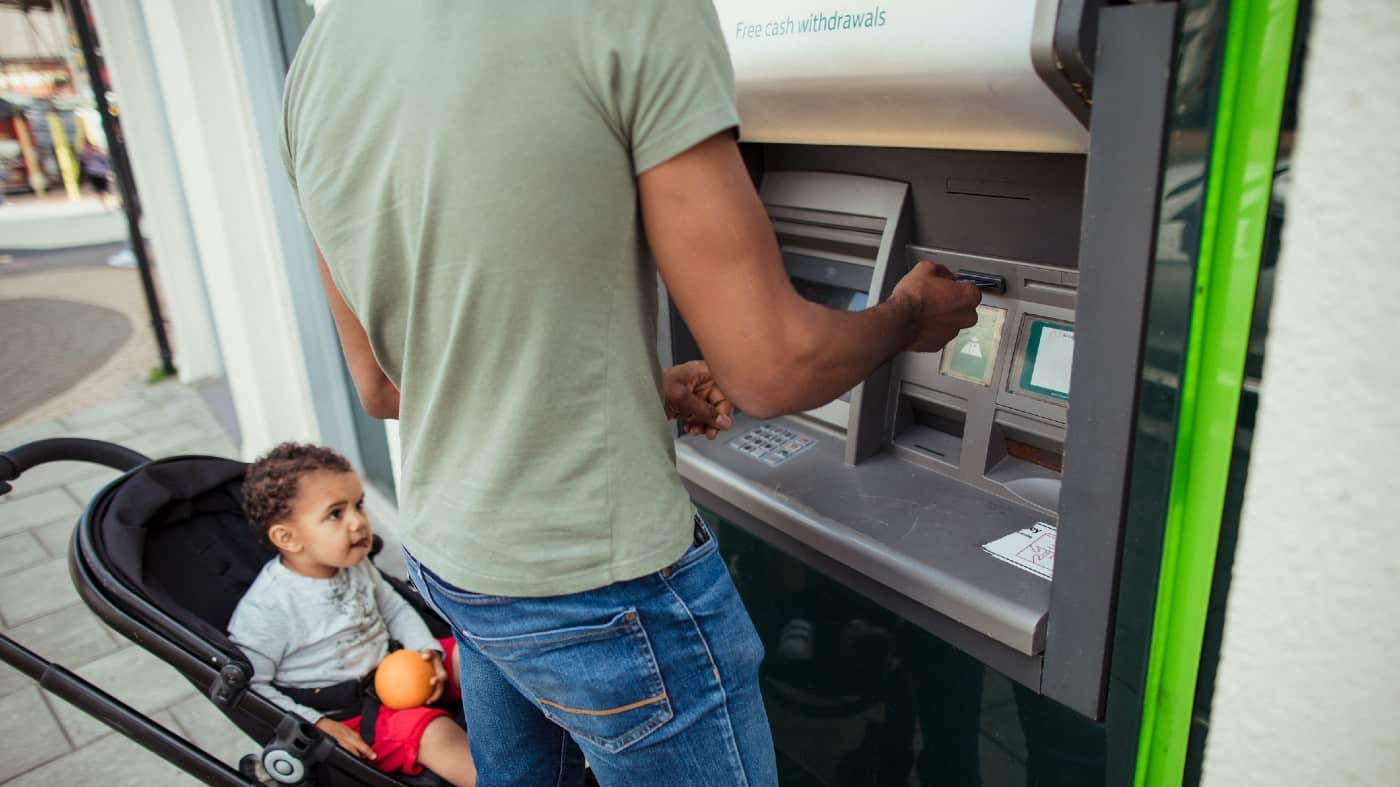
Image source: Getty Images
I recently added Barclays (LSE:BARC) shares to my portfolio after convincing myself that the FTSE bank has the potential to grow its earnings significantly over the next few years.
But reports have surfaced suggesting that the new Labour government is contemplating hiking the bank levy in an attempt to plug a hole in the nation’s finances.
Presently, short-term and long-term liabilities (deposits) are taxed at 0.1% and 0.05%, respectively. This is in addition to the higher rate of corporation tax that banks have to pay.
It’s estimated that the levy will raise £1.4bn during the 2024-2025 tax year.
In a recent speech, the Prime Minister said that when it comes to tackling the budget deficit: “those with the broadest shoulders should bear the heaviest burden”. And based on the 2023 post-tax earnings of the FTSE 100‘s five banks (£36.79bn), they could be an easy target.
A budget is due to be held on 30 October. I’m concerned that a significant rise in the levy (or other taxes) could adversely affect the Barclays share price.
Fear not?
Any change is unlikely to be enacted in 2024. But to illustrate the potential impact I’m going to see how it might affect this year’s earnings.
Analysts are forecasting that for the year ending 31 December 2024 (FY24), the bank levy will cost Barclays £276m, or 1.9p a share.
With expected FY24 earnings per share of 30.5p and a current (6 September) share price of 224p, the stock has a forward price-to-earnings (P/E) ratio of 7.3.
If the government were to double the levy — all other things being equal — the share price could fall by 6.7%, to 209p. And this might restrict future capital growth.
| Financial year | Profit after tax (£m) | Basic earnings per share (pence) |
|---|---|---|
| 2024 | 4.526 | 30.5 |
| 2025 | 5.541 | 39.6 |
| 2026 | 6.306 | 48.4 |
But the impact on Lloyds Banking Group and NatWest Group could be bigger. They have nearly all of their assets located in the UK. Barclays only has a 60% domestic exposure. The levy does not apply to overseas assets.
Although I don’t welcome any fall in the value of my shares, it’s not as bad as I feared. But I’ve only assumed a doubling of the levy. Given the size of the government’s deficit, it might attempt something more radical.
However, if the Chancellor of the Exchequer is serious about getting Britain growing again, I think she’s going to need a healthy banking industry that’s in a position to lend at competitive rates. This might mean she does nothing.
Looking ahead
I bought my Barclays shares for the long term after doing a bit of number crunching.
It has a price-to-book ratio of 0.47. This means if it ceased business today, and all its assets were sold and the proceeds used to repay its liabilities, there would be enough cash left over to return 448p a share to shareholders.
That’s a 114% premium to its current share price.
Its P/E ratio is also low compared to its peers and the FTSE 100 as a whole.
But banking shares can be risky. Bad debts could increase if economic conditions start to worsen. And margins will be squeezed if interest rates (as expected) start to fall.
However, I’m still bullish. Irrespective of what the Chancellor of the Exchequer announces in October, I think I’ve got myself a bargain.












